Cheap Ukrainian grain has flooded the markets of several European Union (EU) member states, causing farmers to protest and governments to ban it, causing tension in the union.
Farmers in the Bulgarian city of Ruse blocked the main border crossing with Romania last week, using tractors to prevent trucks from crossing the bridge over the Danube River, according to the AP news agency.
Carrying banners reading “Stop Agri-Genocide” and “We Want to Compete,” Bulgarian farmers said they had yet to sell about 40% of last year’s crop, mostly grains and sunflower seeds. The inventory means they have no place to store this year’s harvest.
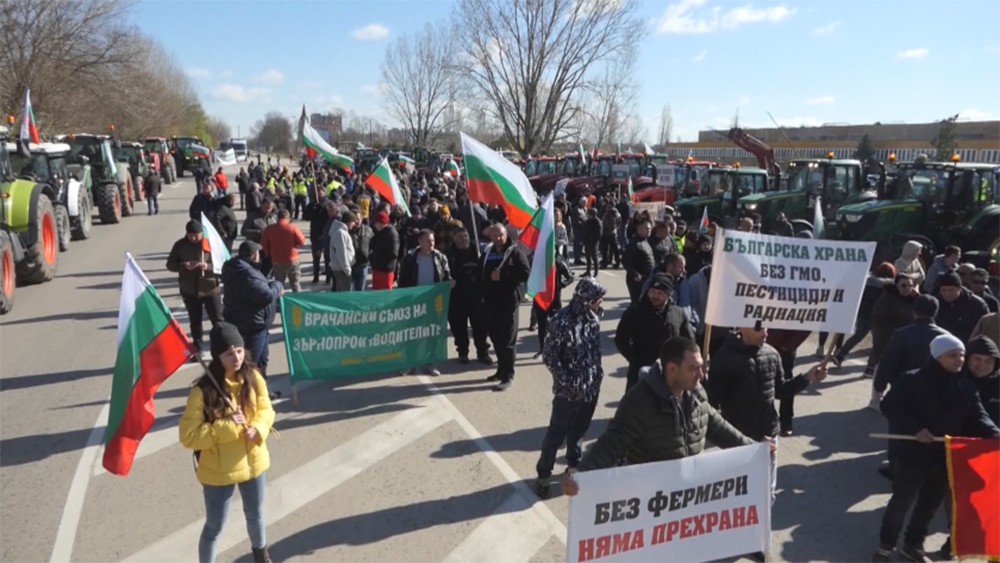 |
Bulgarian farmers protest. |
Farmers in Poland have also protested over the issue. They say grain prices have fallen due to a large influx of Ukrainian produce that should have gone to Africa and the Middle East.
In Romania, about 100 farmers gathered in the capital Bucharest, and hundreds more drove tractors across the country.
Earlier, several countries in the region, including Poland, Hungary and Bulgaria, offered to help transit Ukrainian grain to third markets after the normal route was blocked during the Russia-Ukraine conflict. The EU has waived customs duties and import quotas to help move grain to where it is needed.
But farmers in these transit countries say things are not going as planned. Instead of being shipped to third countries such as Africa and the Middle East, the Ukrainian grain is flooding the markets of transit countries. This has caused grain prices to fall and caused huge losses for farmers in these countries, who have to pay high costs for fertilizer and energy.
The protests are putting increasing pressure on the leaders of these countries and the EU. Some farmers have even called for a halt to imports of Ukrainian agricultural products.
“We stand in solidarity with Europe and support their support for Ukraine, but the European Commission should look at each member state individually and help farmers compete,” Daniela Dimitrova, a regional leader of the Bulgarian grain producers’ union, told the AP.
Farmers in Bulgaria who grow sunflower seeds, one of the country’s main exports, say they cannot compete with the flood of Ukrainian goods flooding the market. Bulgaria imported 20,000 tons of sunflowers from Ukraine in 2021, according to Bulgaria’s Deputy Agriculture Minister Todor Dzhikov. By 2022, that number will be nearly 900,000 tons, causing prices on the domestic market to fall by nearly 50%.
During the Russia-Ukraine conflict, Ukraine’s Black Sea ports were affected, making it impossible for the country to export grain and other products by sea. As a result, about 20 million tons of grain were stuck in Ukraine in 2022. Only after the Black Sea grain deal brokered by the United Nations and Turkey did Ukrainian grain leave the country, but it caused the situation in some countries.
Under pressure from farmers, the Polish government on April 15 announced a ban on imports of grain and dozens of other agricultural products from Ukraine until June 30. Shortly after, Hungary imposed a similar ban.
The moves by the two countries have drawn criticism from the EU. On April 16, the EC declared that unilateral trade actions by individual EU member states were unacceptable. The EC has asked Poland and Hungary to notify it of their plans to ban imports of grain and other agricultural products from Ukraine.
According to the EC, EU member states need to coordinate with EU agencies when making such decisions, while the EC also noted that trade issues fall under the agency's competence.
Hungary will use all possible measures to protect its farmers from market disruptions caused by large grain imports from Ukraine, Hungarian Agriculture Minister Istvan Nagy said on April 17, adding that a joint EU response was inevitable.
For its part, on April 15, the Ministry of Agricultural Policy and Food of Ukraine said that Kiev called the Polish government's decision to ban the import of agricultural products from Ukraine, including goods in transit to other countries, a violation of previously signed agreements.
The Ministry proposes to reach agreement with the Polish side in the coming days on a new memorandum of understanding, taking into account the interests of both sides in a spirit of constructive cooperation. The Ministry also expressed hope that this document will properly regulate the issue of transit of agricultural products through Polish territory.
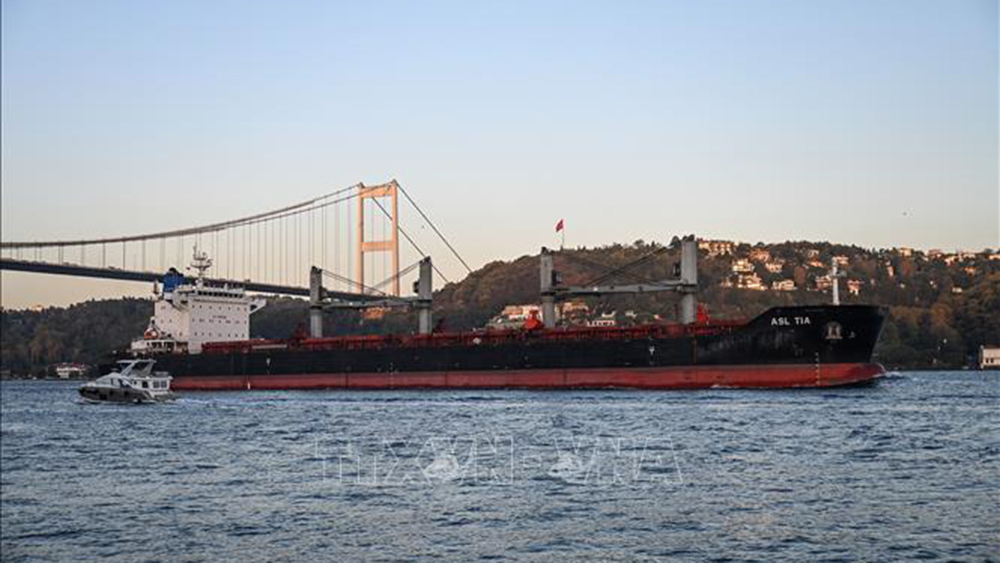
On April 14, six European Union (EU) member states in Central and Eastern Europe, including the Czech Republic, Slovakia, Poland, Hungary, Romania and Bulgaria, agreed to ask the EU to create a tool to support the purchase of cheap grain from Ukraine.
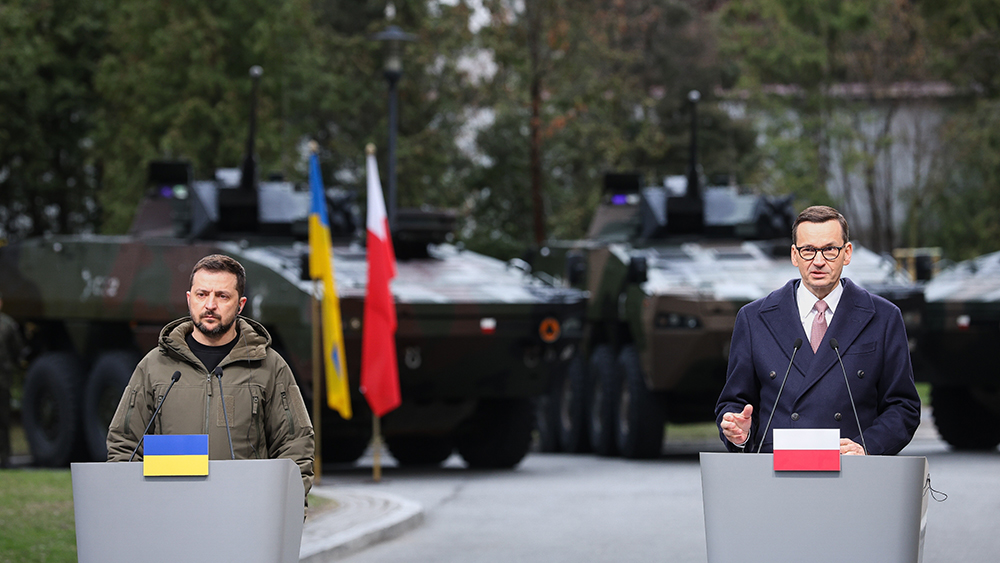
Poland will temporarily halt grain imports from Ukraine to minimize the impact on prices, Polish Agriculture Minister Robert Telus announced on April 7. He took office a day earlier after his predecessor resigned amid protests from farmers over falling prices.
According to VNA
Ukraine,Ukraine grain,Ukraine grain price,Ukraine grain ban,EU,Farmers protest,Grain initiative,Grain deal,Russia,Conflict,Russia Ukraine conflict
Source link


























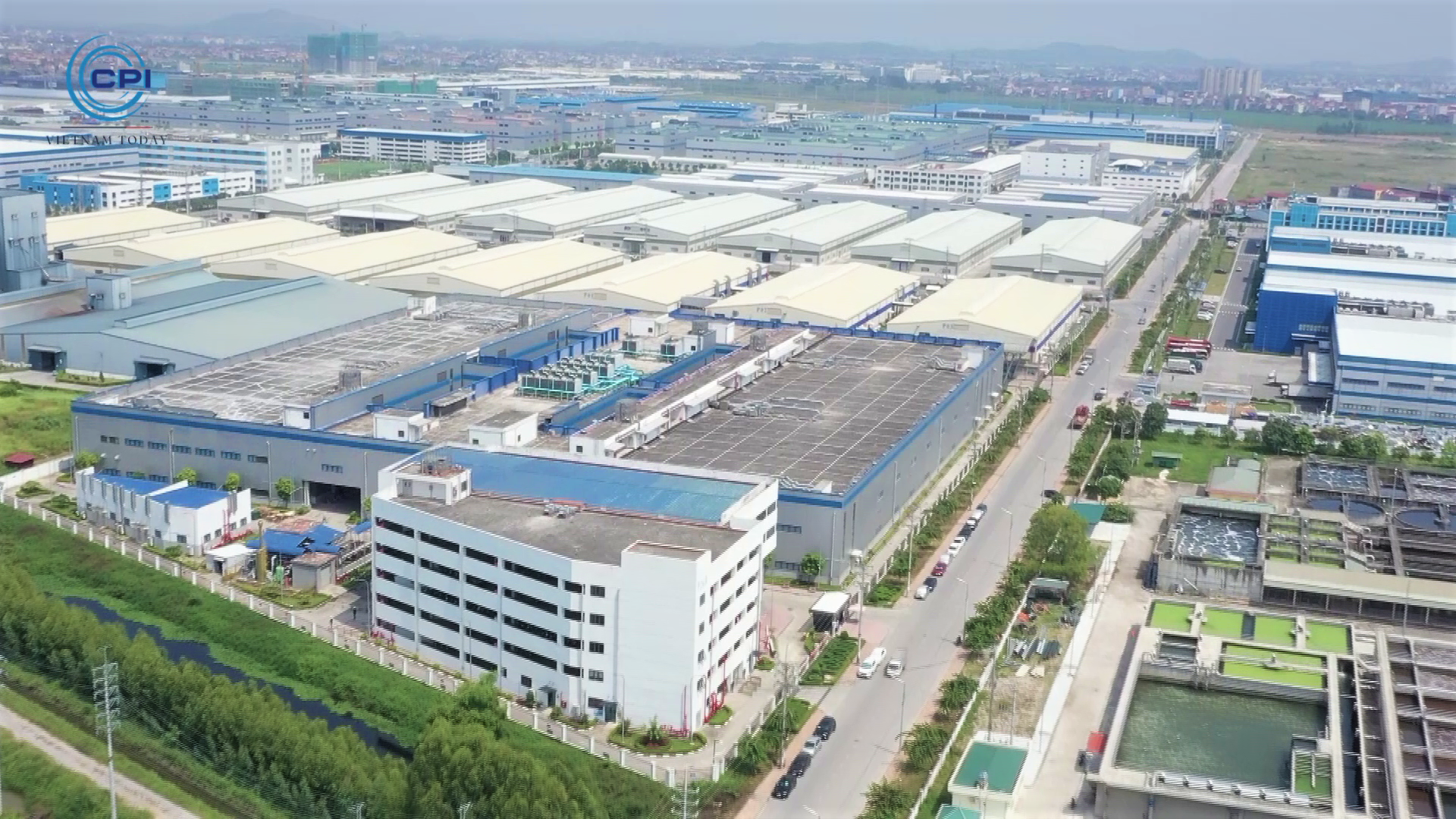


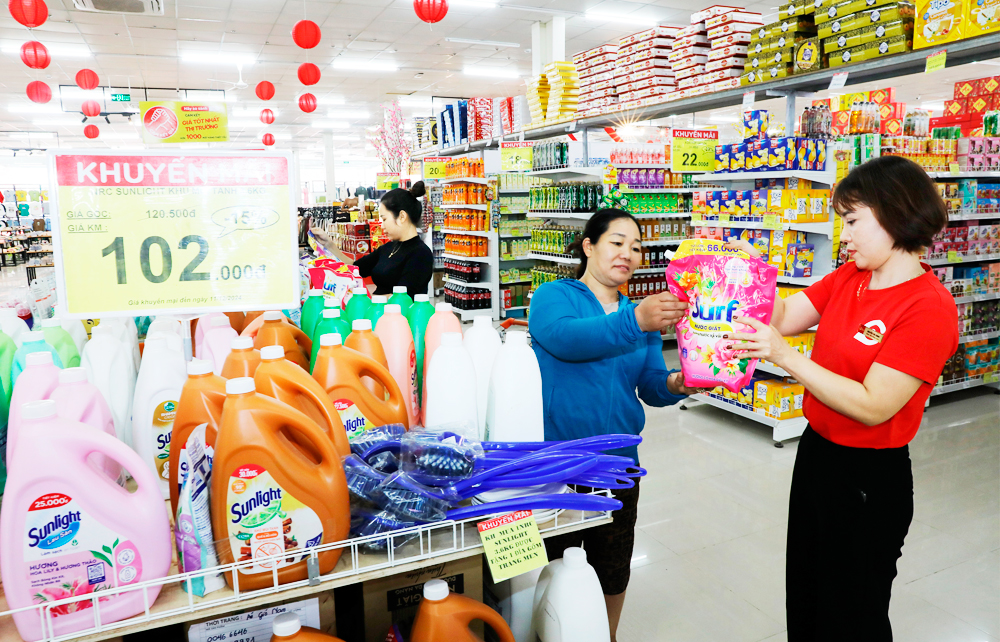
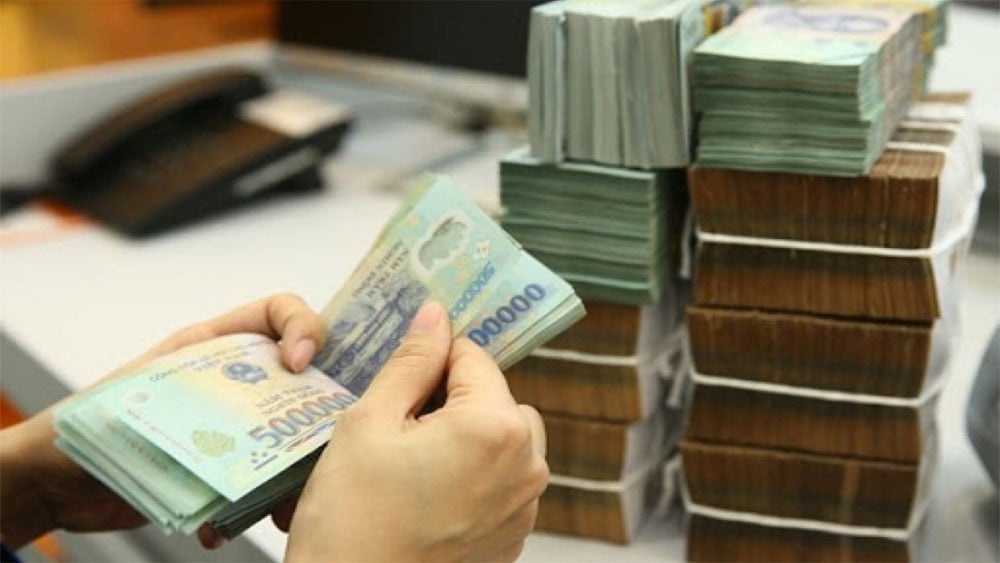











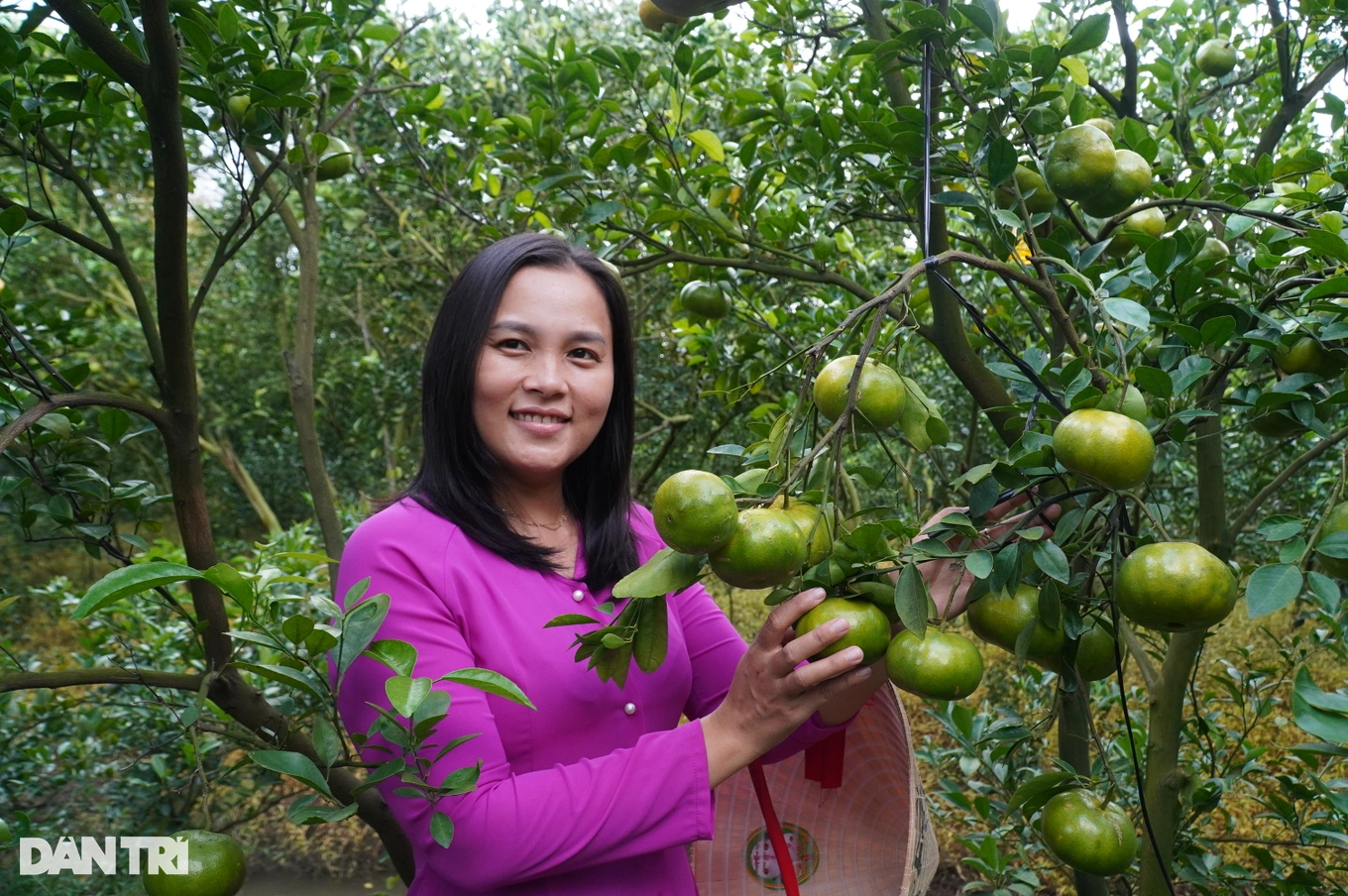








Comment (0)